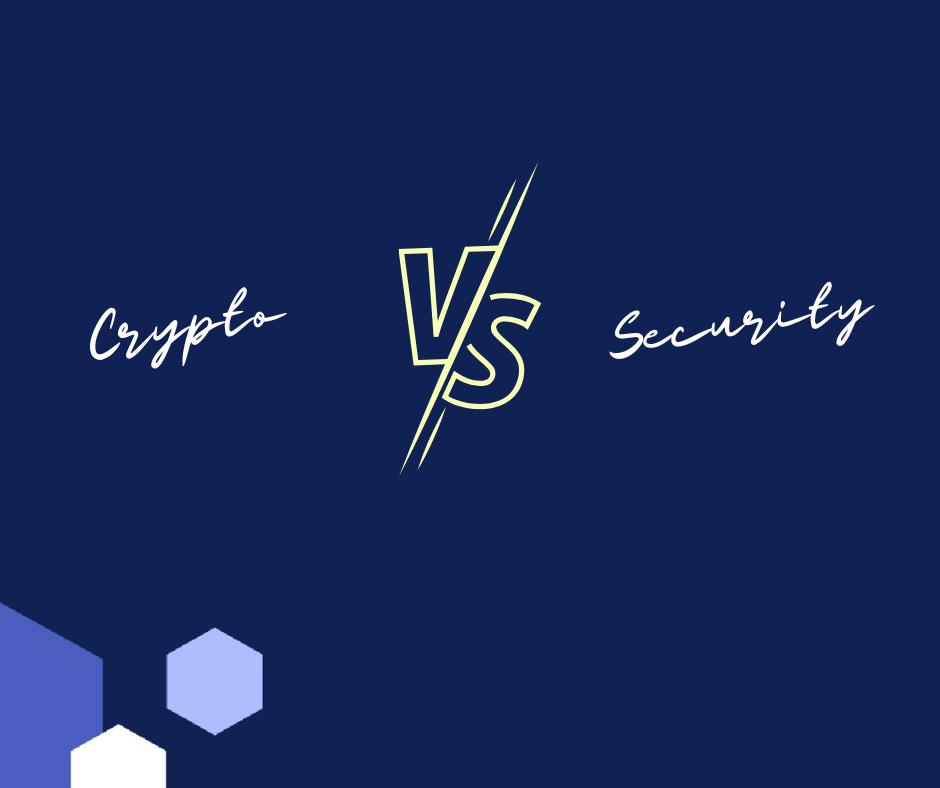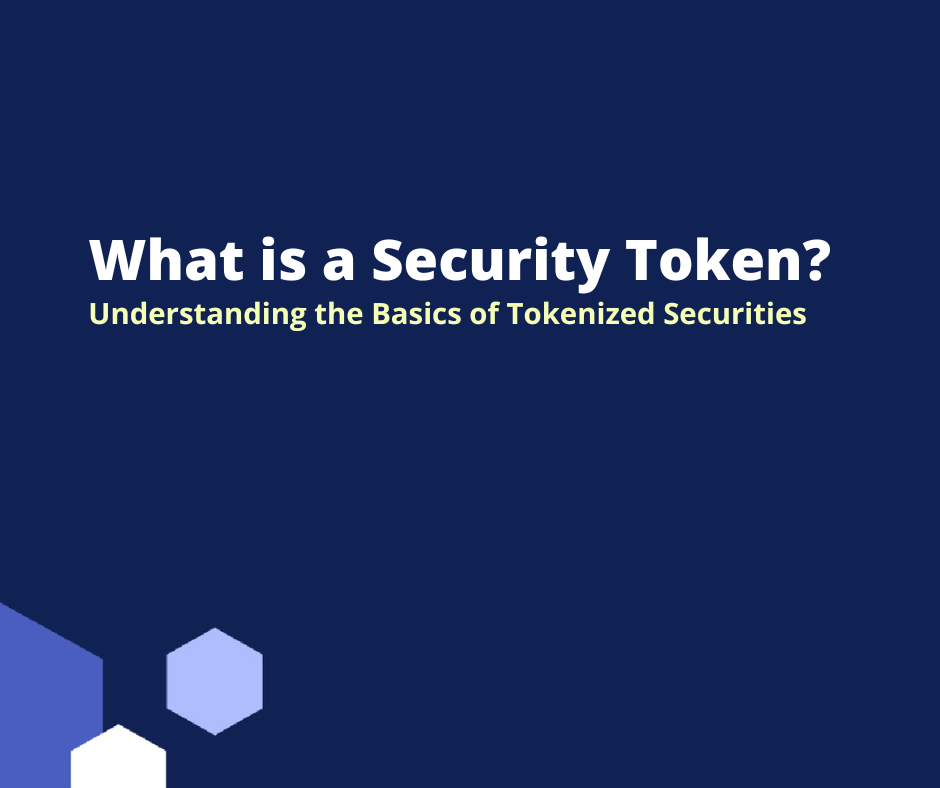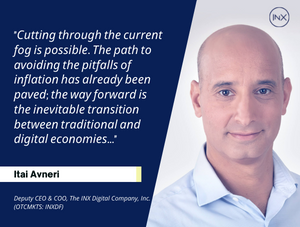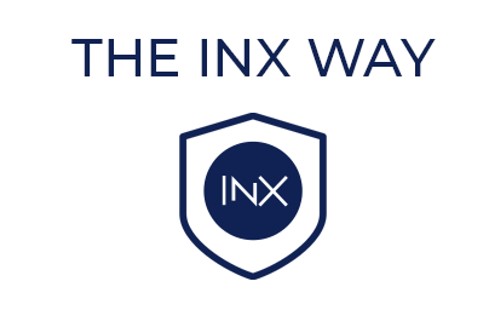Is my crypto a security?

Over the last decade, blockchain-enabled innovation has led to a boom in the scale and scope of digital assets coming into the world. Yet, not all digital assets are created equal. While some digital assets function as currency, money, or a payment method, others might be classified in terms of the utility they provide, most digital assets fall into the category of a security. As regulators, especially the SEC, pay closer attention to digital assets, many businesses and investors are asking themselves whether their crypto is a security, and therefore, subject to securities law.
What is a Security? Using the Howey Test to Classify Assets
The SEC has previously used the Howey Test, outlined by the U.S. Supreme Court, in deciding whether something is an “investment contract” and, therefore, a security. The Howey test is one of the most important legal precedents in the history of financial regulation. It was created by the Supreme Court in its 1946 decision, SEC v. W. J. Howey Co. The test sets out factors to determine what qualifies as an investment contract, and thus a security:
1) whether there is an investment of money
2) in a common enterprise
3) with a reasonable expectation of profits from the efforts of others.
The test has been used ever since then by courts across the country to determine whether or not an asset or security falls under federal regulations such as those enforced by the Securities Exchange Commission (SEC). In its most simple form, whether something is or isn’t a security under US rules is basically a question of how much it looks like shares issued by a company raising money.

How The SEC Classifies Various Digital Assets
The future of cryptocurrency depends on its classification. If cryptocurrency is defined as a security, it falls under the jurisdiction of the SEC, and is subject to rules on price transparency, greater reporting demands, and market abuse oversight. Interestingly, the SEC does not consider Bitcoin as a security. Rather, the SEC has clearly determined that Bitcoin falls under the category of commodities as it can be considered ‘digital gold.’ Ether, the second largest digital asset by market cap, was also deemed as a commodity by a senior SEC official a few years ago. Yet, SEC Chairman Gary Gensler’s recent comments seem to leave Ethereum’s status up in the air. Ethereum’s recent switch to proof-of-stake, a system whereby validators lock up, or ‘stake’ coins in order to record transactions, could be one reason for the change of heart on the part of the SEC. Proof of Stake networks pay an interest to validators in exchange for their staked coins, a function that the SEC takes into consideration when treating a digital asset as a security.
According to comments made by SEC Chairman Gary Gensler, almost all other crypto assets fall under the securities category. Throughout the lifetime of digital assets, the SEC has preferred to regulate through enforcement. Looking at some of the cases brought by the SEC against crypto companies can give us a better understanding of how the agency views the industry. Here are four cases worth considering.
- Ripple. In December 2020, the SEC sued Ripple Labs Inc., for allegedly raising money by selling the XRP digital token without registering it as a security. The agency claimed that the company was funding its growth by issuing XRP to investors speculating that its value would rise. As the Ripple versus Securities and Exchange Commission (SEC) legal dispute inches closer to a summary judgment, the cryptocurrency industry eagerly awaits the outcome. If the court sides with the SEC, crypto exchanges will face more scrutiny from regulatory agencies and will likely have to register as securities if they continue selling within the U.S.
- LBRY. In November 2022, Judge Peter Barbadoro of the U.S. District Court for the District of New Hampshire granted the SEC’s motion for summary judgment as to whether software company LBRY, Inc. offered tokens (called “LBRY Credits” or “LBC”) in securities transactions. Among other things, Judge Barbadoro ruled that potential investors would understand that “LBRY’s overall messaging … was pitching a speculative value proposition for its digital token,” thus satisfying the expectation-of-profits clause of the Howey test.
- FTX. The agency’s unfolding case against FTX reveals arguments that could further that strategy. The SEC, in its pursuit of securities fraud charges pertaining to FTX’s sale of its native token FTT—appears to be escalating its assault on crypto assets as a whole. The complaint labeled FTT “an illiquid crypto asset security,” making the subtle—but crucial—point that the SEC views FTT as a security in itself, regardless of the manner in which it was offered or sold. By deeming FTT as a security, the SEC has set a precedent for all exchange tokens which can also find themselves potentially running afoul of the agency.
- Paxos. Cryptocurrency firm Paxos announced that it will cease issuing new BUSD stablecoins under the direction of New York state’s financial regulator. The company confirmed it had been notified by the Securities and Exchange Commission of potential charges in connection with its BUSD product. The New York State Department of Financial Services issued the order “as a result of several unresolved issues related to Paxos’ oversight of its relationship with Binance,” the regulator said in a consumer alert.
SEC tightening its enforcement grip
The U.S. Securities and Exchange Commission recently included the regulation of emerging technologies and crypto assets as one of its 2023 priorities. The SEC intends to examine whether crypto companies meet appropriate standards of care when “making recommendations, referrals or providing investment advice.”
The SEC continues to be a main regulator in the cryptocurrency space. Its actions have focused on two allegations:
(1) unregistered securities offerings
(2) fraudulent securities offerings or sales.
The SEC’s apparently increased commitment to resolving digital asset cases through litigation rather than settlement when compared to the general trend across all the agency’s enforcement actions. More scrutiny of market intermediaries, such as exchanges and broker-dealers, rather than issuers or promoters of single tokens. As such, these intermediaries may bear the brunt of any increased enforcement activity.
How INX occupies a unique position in this scenario.
Five years ago, INX entered the crypto space in a unique way. Our goal was to occupy a position in the digital economy where every aspect of their services would be conducted under US regulatory supervision. Today INX is one US regulated hub for trading and investing in cryptocurrencies & security tokens. All transactions are carried out on our proprietary and regulated platform. Both carefully-vetted cryptos and security tokens trade side-by-side on the INX One platform, including the INX token, our native security token that is registered with the SEC.
As traders and investors we recognize, and often welcome, the risks associated with speculating in the financial markets. We have also learned to eliminate risk wherever possible. At this time INX stands alone as being one regulated hub providing its clients with full SEC regulatory protection in every aspect of their trading business. This is the INX WAY!
The INX Digital Company inc. February 26, 2023
The INX Digital Company inc. is a content writer and strategist for B2B SaaS companies. She writes content that helps brands convert visitors into paying customers.





